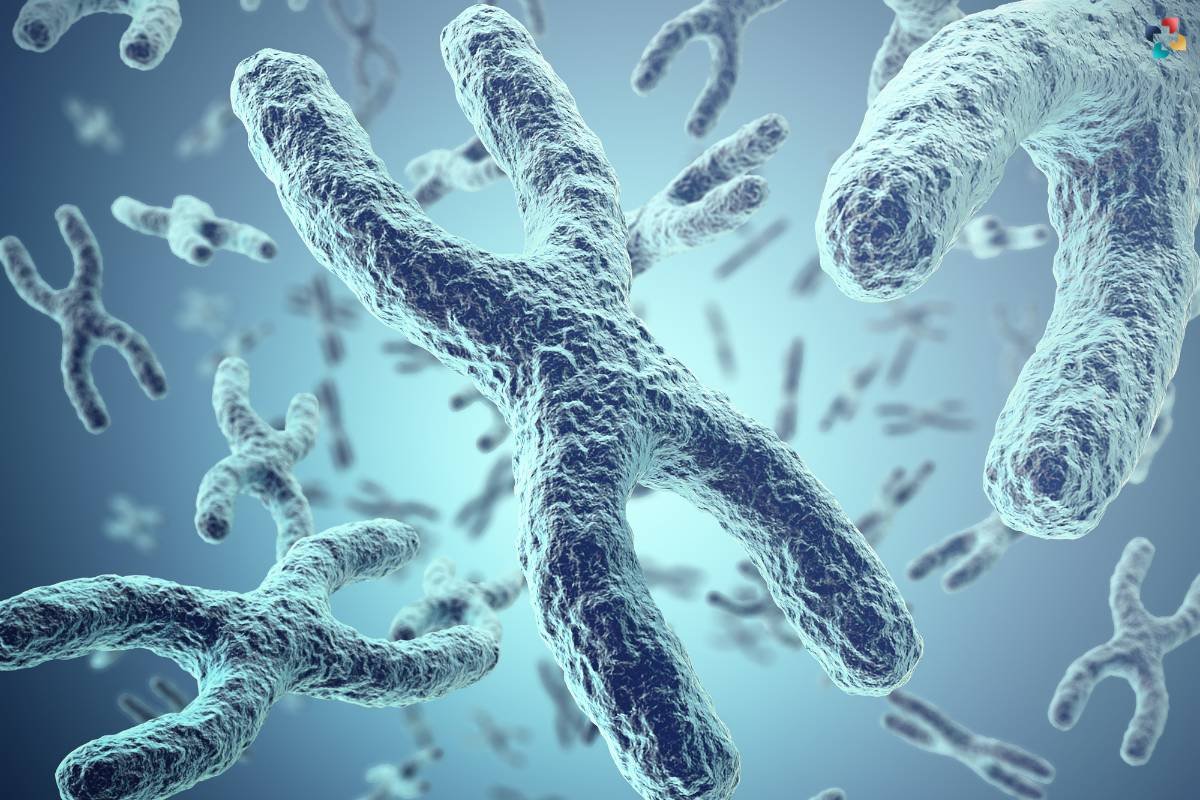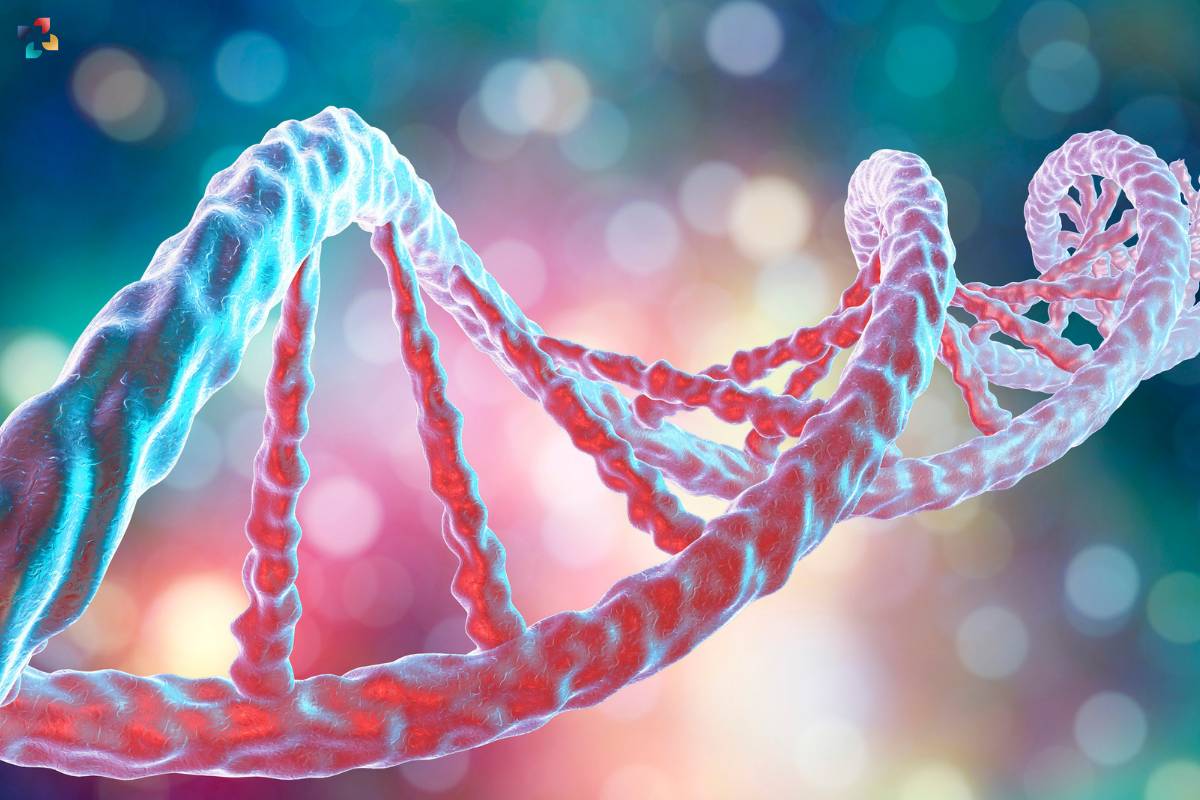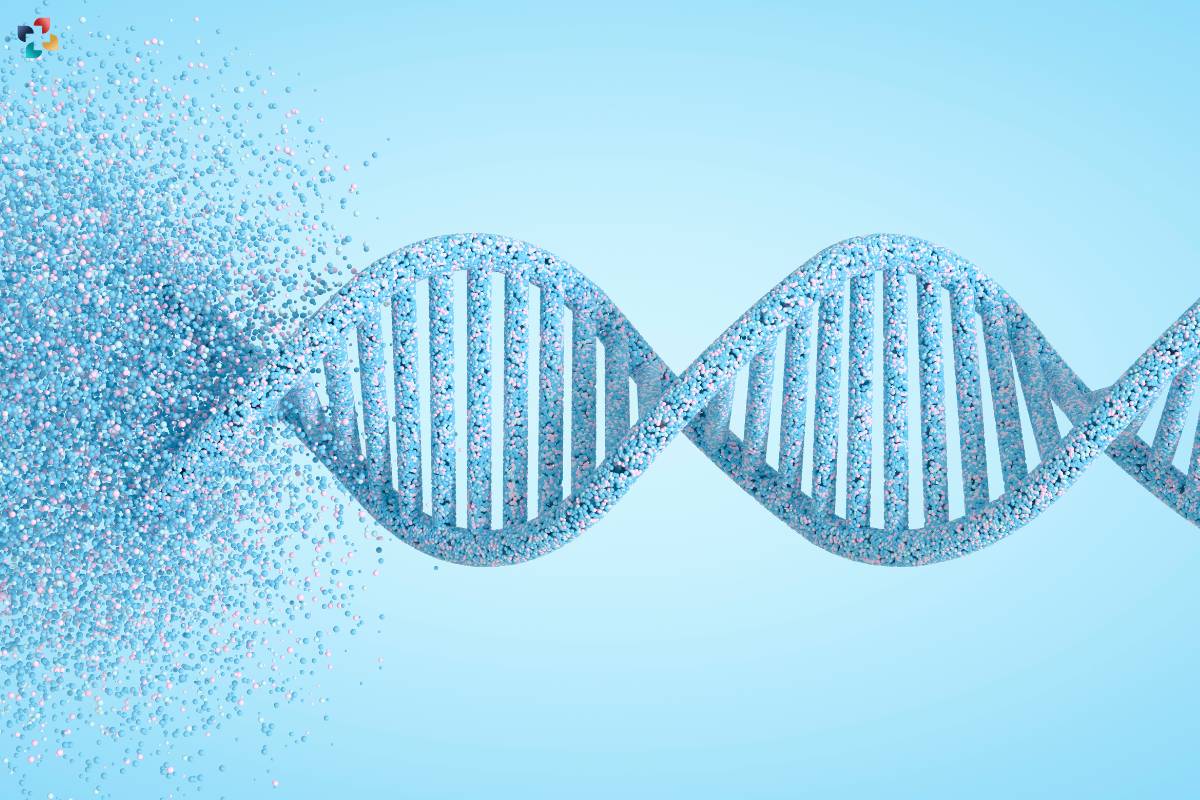The incidence of genetic abnormalities adds a layer of complication to the delicate balance of our biological makeup in the complicated field of human genetics. This article aims to explore the complex world of genetic illnesses, including their causes, symptoms, effects on individuals and families, methods of diagnosis, and current developments in genetic research and treatment.
1. The Foundation of Genetic Disorders
Genetic disorders arise from abnormalities in an individual’s DNA, the fundamental genetic code that dictates the development and functioning of the human body. These disorders can be inherited from one or both parents or occur due to spontaneous mutations. Understanding the distinction between genetic mutations and variations is crucial in unraveling the genetic basis of various disorders.
These aberrations in the genetic code can result from a multitude of factors, introducing a level of complexity that reflects the intricacies of our genetic makeup. Inherited genetic disorders often follow predictable patterns of transmission, with some conditions manifesting in an autosomal dominant manner, meaning a single copy of the mutated gene from one parent can lead to the disorder. Others adhere to an autosomal recessive pattern, necessitating both parents to contribute a mutated gene for the disorder to manifest.
In contrast, spontaneous mutations introduce an unpredictable element to the genetic landscape. These alterations can occur during the formation of reproductive cells or early stages of fetal development, giving rise to genetic disorders without a clear familial inheritance pattern. The interplay of genetic mutations and variations in the human genome underscores the diversity of genetic disorders, ranging from those with a strong hereditary component to those arising seemingly out of the blue.
Understanding the nuances between genetic mutations and variations is pivotal in deciphering the origins of various disorders. While genetic mutations involve alterations in the DNA sequence, variations encompass the natural diversity present in the human population. Distinguishing between these elements is essential for pinpointing the genetic underpinnings of disorders, enabling accurate diagnosis, effective genetic counseling, and targeted interventions.
In unraveling the foundation of genetic disorders, scientists delve into the intricate molecular dance that shapes our genetic blueprint. This exploration not only enhances our comprehension of inherited conditions but also sheds light on the dynamic nature of our genetic material, influencing the development of novel therapeutic approaches and personalized medicine tailored to the unique genetic landscapes of individuals.
2. Types and Classification of Genetic Disorders
Navigating the diverse landscape of genetic disorders involves understanding the myriad ways in which anomalies in the genetic code can manifest. The classification of genetic disorders is a nuanced endeavor, encompassing conditions that span from single-gene disorders with well-defined inheritance patterns to complex multifactorial disorders influenced by both genetic and environmental factors. This section will delve into the intricate categorization of genetic disorders, shedding light on the distinct characteristics of single-gene disorders, chromosomal abnormalities, and multifactorial conditions.
Each category unveils a unique aspect of the genetic tapestry, providing insights into the underlying mechanisms and inheritance dynamics. As we explore these classifications, we gain a deeper appreciation for the complexity of genetic disorders and the varied approaches required for their understanding and management.
i. Single-Gene Disorders
These disorders result from mutations in a single gene and can follow various inheritance patterns, including autosomal dominant, autosomal recessive, and X-linked.
ii. Chromosomal Disorders

Aberrations in the structure or number of chromosomes lead to conditions such as Down syndrome, Turner syndrome, and Klinefelter syndrome.
iii. Multifactorial Disorders
Complex interactions between genetic and environmental factors contribute to multifactorial disorders like heart disease, diabetes, and certain types of cancer.
Also Read: Decoding Genetics: Exploring Examples of Single Gene Disorders
3. Impact on Individuals and Families:
Genetic disorders can have profound physical, intellectual, and emotional impacts on the individuals affected. Moreover, families may face challenges related to genetic counseling, reproductive decision-making, and coping with the emotional toll of managing a genetic condition within the family unit.
4. Diagnostic Approaches:
In the realm of genetic disorders, diagnostic precision is paramount for informed decision-making and personalized healthcare strategies. This section explores the evolving landscape of diagnostic approaches, from advanced genetic testing methodologies to innovative prenatal and preimplantation strategies. Unveiling the mechanisms behind genetic disorders necessitates a comprehensive understanding of these diagnostic tools, their capabilities, and the ethical considerations they entail. As technology continues to advance, the diagnostic frontier expands, offering new avenues for early detection, precise risk assessment, and informed reproductive choices in the context of genetic disorders.
i. Genetic Testing

Advances in genetic testing technologies, including next-generation sequencing, enable the identification of specific genetic mutations associated with various disorders.
ii. Prenatal and Preimplantation Genetic Diagnosis
These techniques allow for the detection of genetic abnormalities during pregnancy or before implantation during in vitro fertilization (IVF), providing options for informed decision-making.
5. Advances in Genetic Research and Therapies:
i. Precision Medicine
Tailoring treatment approaches based on an individual’s genetic profile is at the forefront of precision medicine, offering targeted therapies for specific genetic disorders.
ii. Gene Therapy

The field of gene therapy holds promise for treating genetic disorders by introducing or modifying genes to correct or compensate for genetic abnormalities.
6. Ethical Considerations and Future Directions:
As genetic research progresses, ethical considerations surrounding issues such as genetic privacy, informed consent, and the societal implications of genetic interventions become increasingly important. Navigating these ethical challenges is essential as we venture into a future where genetic insights play a central role in healthcare.
Conclusion
The investigation of genetic disorders is a never-ending voyage into the rich intricacies of our genetic constitution. It is hoped that genetic research may open the door to novel treatments, enhanced diagnostics, and a deeper comprehension of the complex relationship between genetics and health as scientific knowledge expands and technology advances. We set out on a mission to unravel the genetic tapestry in order to pave the way for a time when people with genetic illnesses can enjoy longer, healthier lives.







